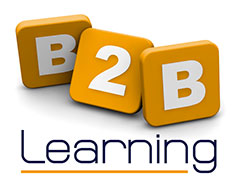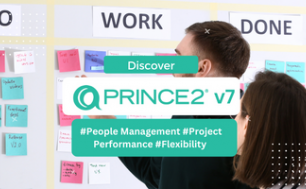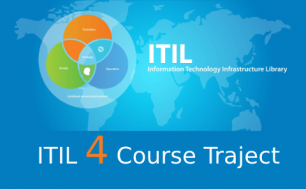Product successfully added to your shopping cart
How to earn PDU’s to maintain your PMP credentials?
Your re-certification should be treated as you would systematically structure a project. This is simple. Just follow the same processes – Initiate, Plan, Execute, Monitor & Control before Closing.
To get you in the mood let’s first recapitulate.

What are PDU’s?
PDU’s translate quite literally as Professional Development Units. These are necessary for preserving your Project Management Institute (PMI) credentials.
Therefore, PDU’s can be considered as a part of Continuing Certification requirements (CCR). Generally speaking, one PDU is attained through one hour of project management training.
PDU needs are certification specific
However, there are exceptions. It is equally important to keep in mind that in order to conserve your PMI credential you need to gather a certain number of PDU’s within a three-year period.
The PDU’s needed are specific to the certification:
- PMP (Project Management Professional) – 60 PDU’s
- PgMP (Program Management professional) – 60 PDU’s
- PMI-SP (Scheduling Professional) – 30 PDU’s
- PMI-RMP (Risk Management Professional) – 30 PDU’s
- CAPM (Certified Associate Project Manager) – No PDU’s necessary. However, the CAPM must be renewed at the end of a five-year cycle by retaking the CAPM examination
Struggling with your decision?
A lot of people out there who are apprehensive of becoming a PMP because of the foreseeable costs associated with gathering enough PDU’s. Despite this apprehension being legitimate, there are other ways to get your PDU’s thanks to inexpensive methods or for free.
Volunteering your skills as a project manager is one of them. Regardless of the aforementioned basic information, it is also possible and highly recommended to take courses.
Defining the 5 different PDU categories
It is also essential to know the categories of PDU’s. We can distinguish five different categories. These include:
- Category A: Courses offered by PMI’s REP (Registered Education Provider) programs
- E-learning on demand courses (contact us to know if a certification gives you access to…)
- Academically oriented education accredited by course providers (REP)
- Category B: Continuing education - formal or training
- Continuing Education offered by a University/college/training organisation NOT registered with PMI
- Certified instructor led courses
- Category C: Self-directed (e-)learning
- E-learning on demand courses
- Reading: an essential component of any learning process. You can read books, articles, white papers or blogs to stay informed
- Category D: Creating new project management knowledge. Giving back to the PM community contributes to developing the growth of the profession
- Sharing your knowledge, expertise & insights with others in a collaborative context contributes to ongoing learning. Author books, articles, and blogs or create webinars & presentations
- Category E: Volunteer services
- This implies volunteering to aid non-employer or non-client organizations
- Category F: Working as a professional in Project Management
- This is the most obvious. Putting theory into practice while being employed in a professional role for which you are certified
Things to remember
To synthesize, for all PMI certifications except CAPM you’ll need to follow CCR programs and earn your PDU’s accordingly. The main aim is to ensure that all your skills, competencies and learnings stay relevant and adaptable in professional contexts.
There are many options available. Choose which one you think best exemplifies your method of working and get going. Keeping track of the PDU’s you’ve amassed is very important as the opportunity to carry over excess PDU’s to the next certification cycle is possible.
View all B2B Learning training courses you can take to earn your PDU's ...
Reviews









You must log in to give a review
Log in